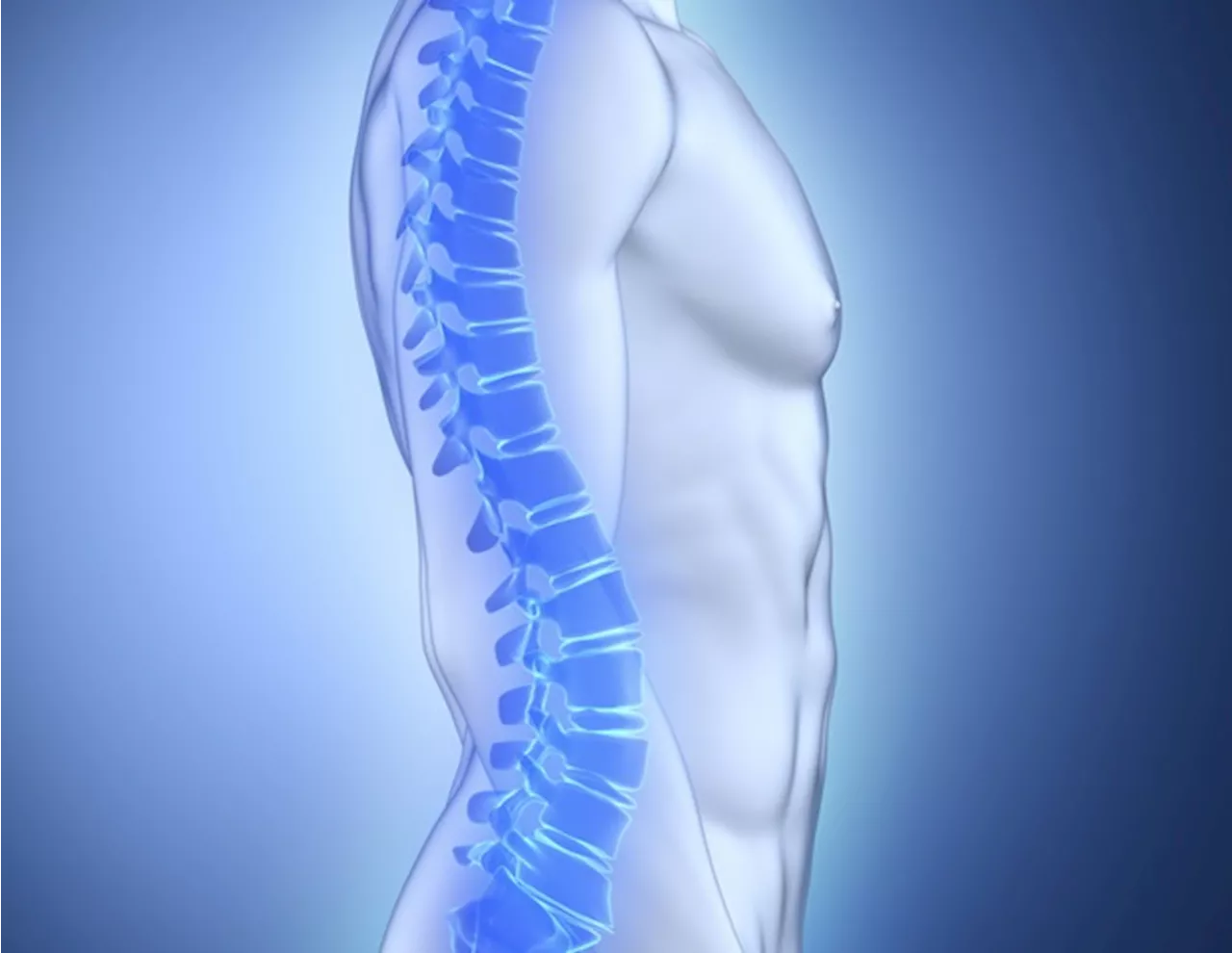Scientists have identified a protein that blocks the activity of bone-forming cells (osteoblasts) by stopping them from maturing during the journey to sites of bone formation, a new study has found.
University of BirminghamOct 12 2024 Scientists have identified a protein that blocks the activity of bone-forming cells by stopping them from maturing during the journey to sites of bone formation, a new study has found.
In this study, osteoblast cells were taken from transgenic mice that either have been bred to produce CLEC14A or not. The osteoblasts were subsequently used in vitro in an induction solution, and the team found that cells taken from the protein-free mice reached maturation after four days while those in the presence of CLEC14A matured eight days later. Furthermore, the CLEC14A-free samples saw a significant increase in mineralized bone tissue at day 18 in the study.
In the experiments we performed, when CLEC14A protein is present the osteoblasts that were sharing a ride on the endothelial cells produce less bone. Conversely, when the protein is removed, they produce more bone."
Osteoporosis Protein Arthritis Blood Blood Vessel Cell Endothelial Cell Osteoblast Research
United Kingdom Latest News, United Kingdom Headlines
Similar News:You can also read news stories similar to this one that we have collected from other news sources.
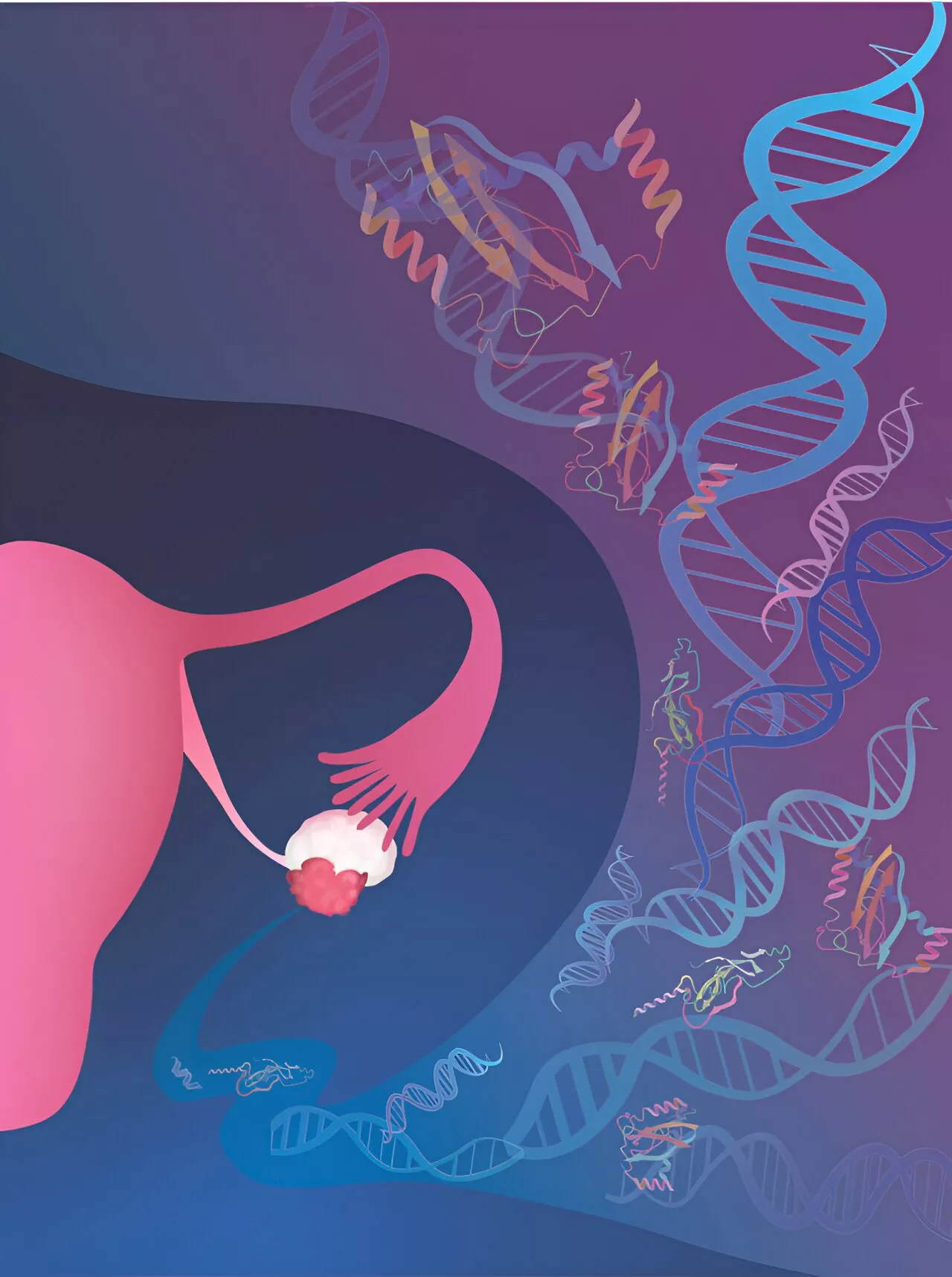 AI 'liquid biopsies' using cell-free DNA, protein biomarkers, could aid early detection of ovarian cancerA blood test that uses artificial intelligence (AI) to detect cancer-related genetic changes and protein biomarkers could help screen women for early signs of ovarian cancer, according to a study by researchers at the Johns Hopkins Kimmel Cancer Center in collaboration with several other institutions in the United States and Europe.
AI 'liquid biopsies' using cell-free DNA, protein biomarkers, could aid early detection of ovarian cancerA blood test that uses artificial intelligence (AI) to detect cancer-related genetic changes and protein biomarkers could help screen women for early signs of ovarian cancer, according to a study by researchers at the Johns Hopkins Kimmel Cancer Center in collaboration with several other institutions in the United States and Europe.
Read more »
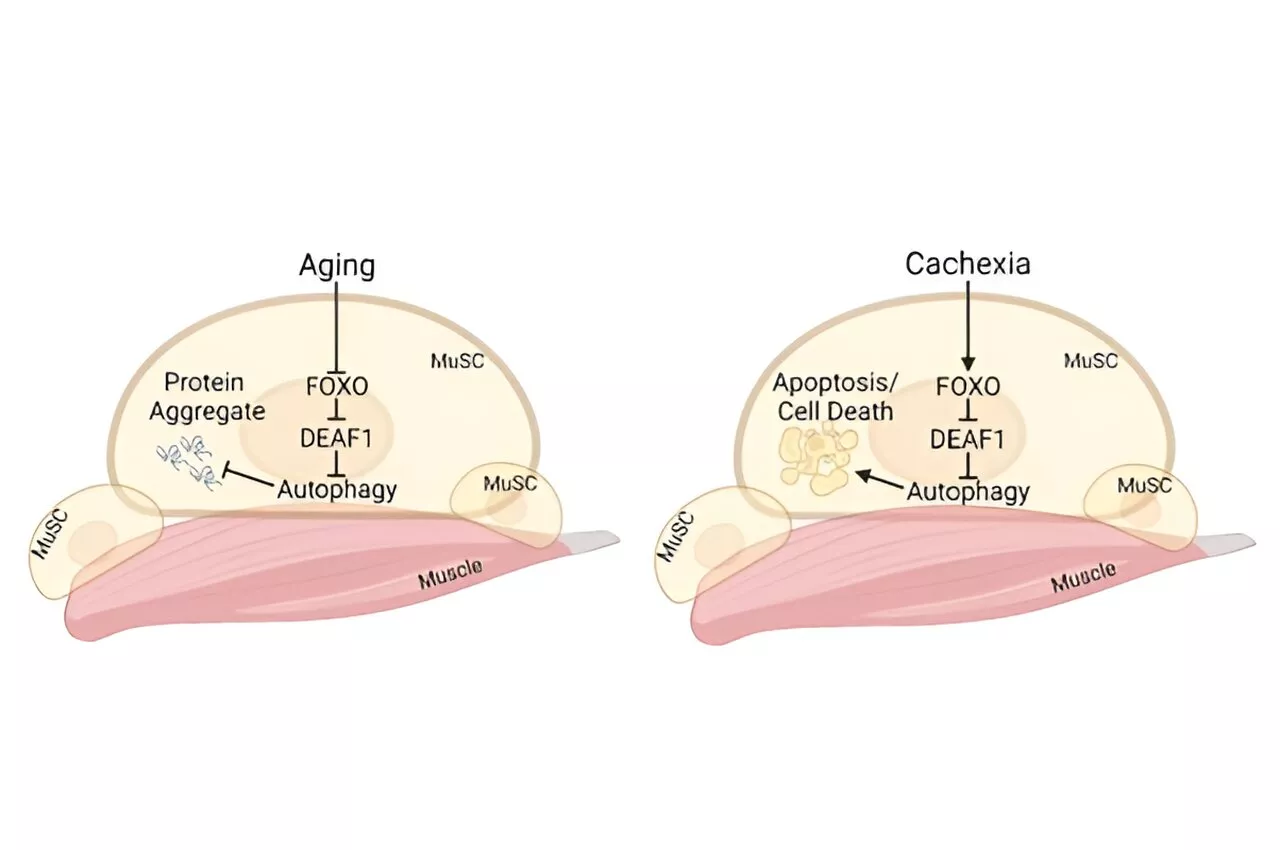 Protein discovery advances quest for treatment for age- and cancer-related muscle degenerationWith the global population aging rapidly, sarcopenia, a condition that affects millions of older adults and severely diminishes their quality of life, is emerging as an urgent public health issue. Now, a new discovery by scientists at Duke-NUS Medical School could lead to improved treatments for the condition.
Protein discovery advances quest for treatment for age- and cancer-related muscle degenerationWith the global population aging rapidly, sarcopenia, a condition that affects millions of older adults and severely diminishes their quality of life, is emerging as an urgent public health issue. Now, a new discovery by scientists at Duke-NUS Medical School could lead to improved treatments for the condition.
Read more »
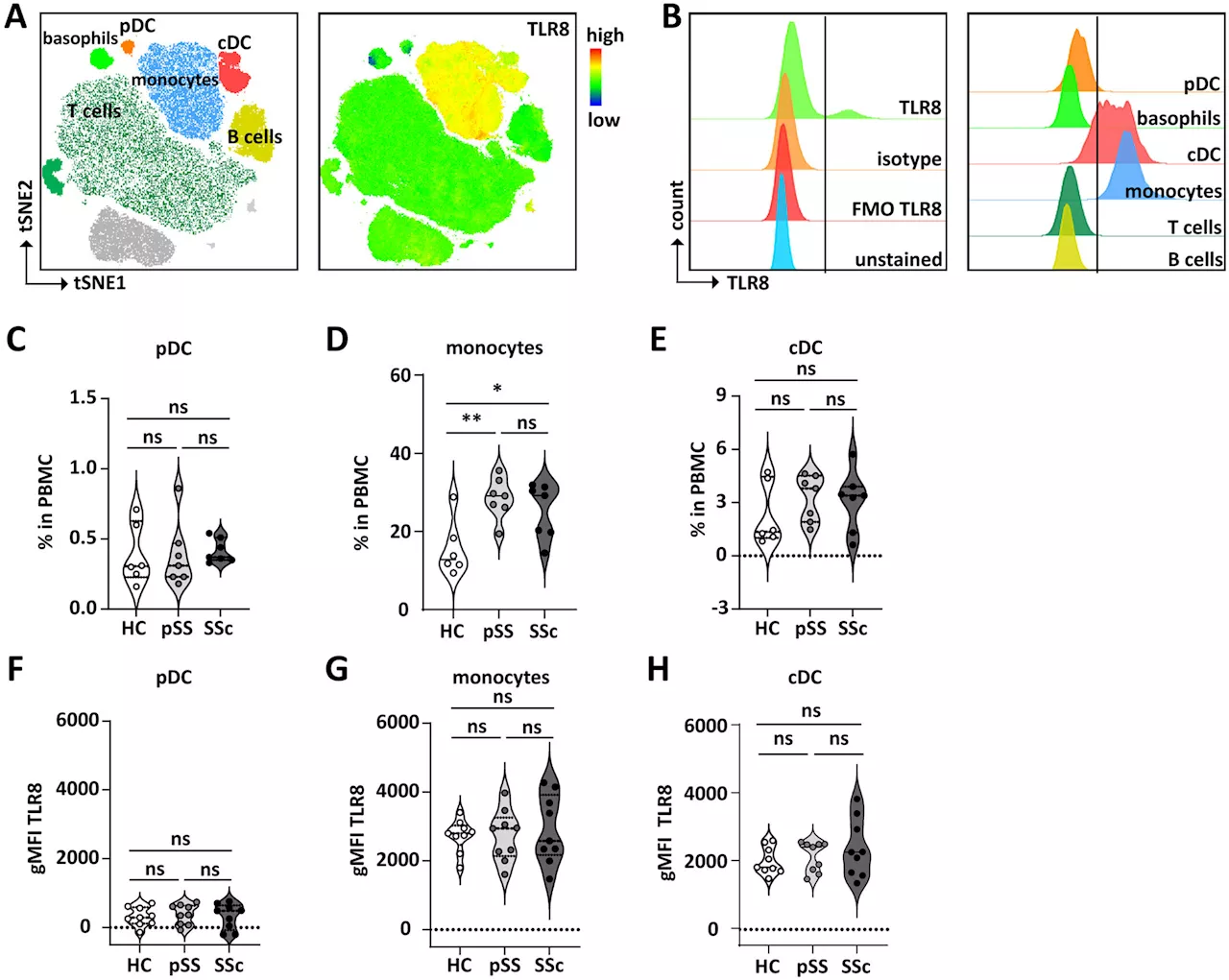 Systemic sclerosis research finds protein TLR8 influences the production of disease-related cytokinesSystemic sclerosis is an autoimmune disease that primarily causes inflammation of the skin, as well as internal organs such as the lungs and heart. It is considered a rare disease, and little is yet known about its development and progression.
Systemic sclerosis research finds protein TLR8 influences the production of disease-related cytokinesSystemic sclerosis is an autoimmune disease that primarily causes inflammation of the skin, as well as internal organs such as the lungs and heart. It is considered a rare disease, and little is yet known about its development and progression.
Read more »
 Deep learning tool offers new insights into protein function and diseaseA University of Missouri researcher has created a computer program that can unravel the mysteries of how proteins work together -; giving scientists valuable insights to better prevent, diagnose and treat cancer and other diseases.
Deep learning tool offers new insights into protein function and diseaseA University of Missouri researcher has created a computer program that can unravel the mysteries of how proteins work together -; giving scientists valuable insights to better prevent, diagnose and treat cancer and other diseases.
Read more »
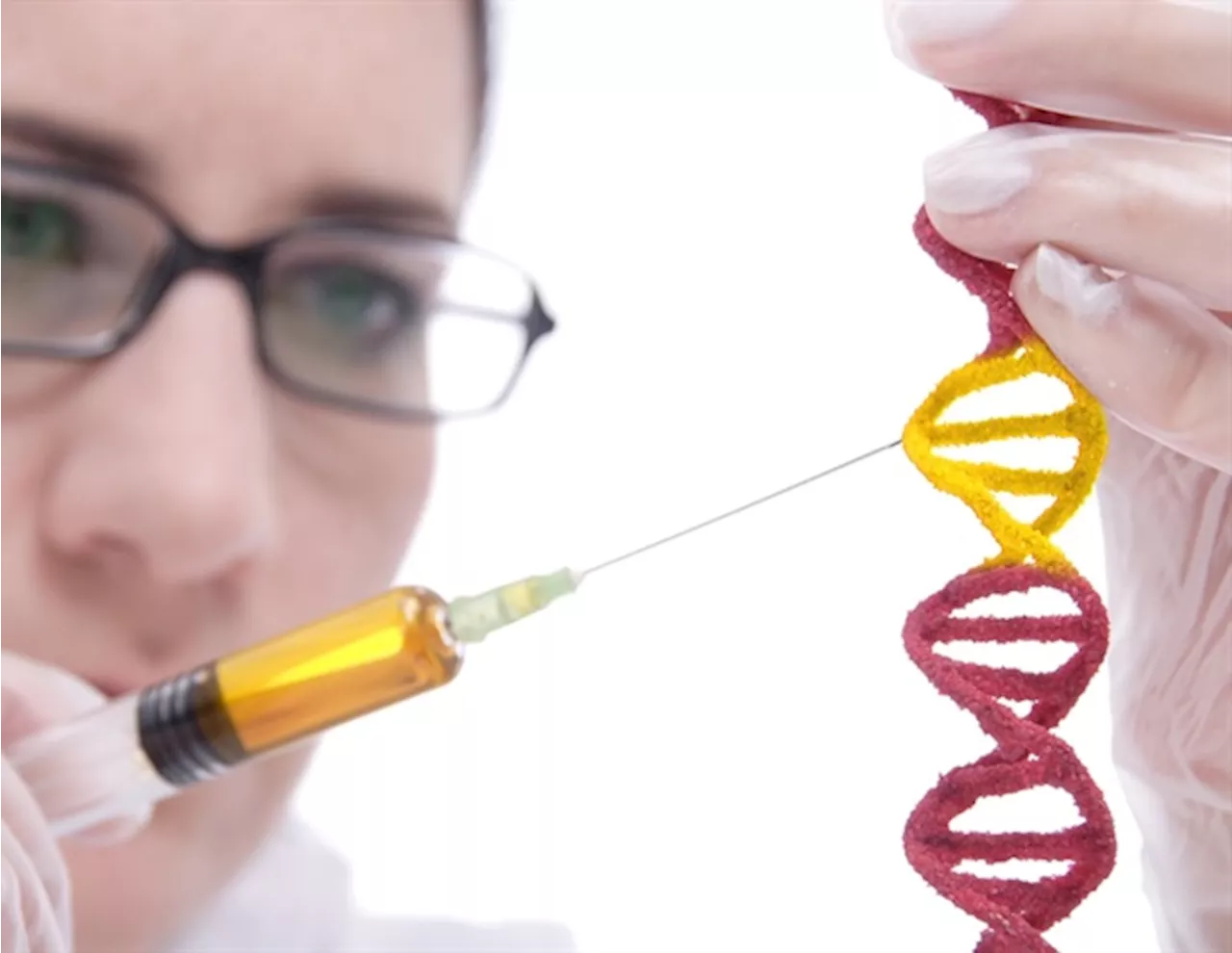 Enhanced TnpB protein offers new possibilities for gene editingCRISPR-Cas is used broadly in research and medicine to edit, insert, delete or regulate genes in organisms. TnpB is an ancestor of this well-known 'gene scissor' but is much smaller and thus easier to transport into cells.
Enhanced TnpB protein offers new possibilities for gene editingCRISPR-Cas is used broadly in research and medicine to edit, insert, delete or regulate genes in organisms. TnpB is an ancestor of this well-known 'gene scissor' but is much smaller and thus easier to transport into cells.
Read more »
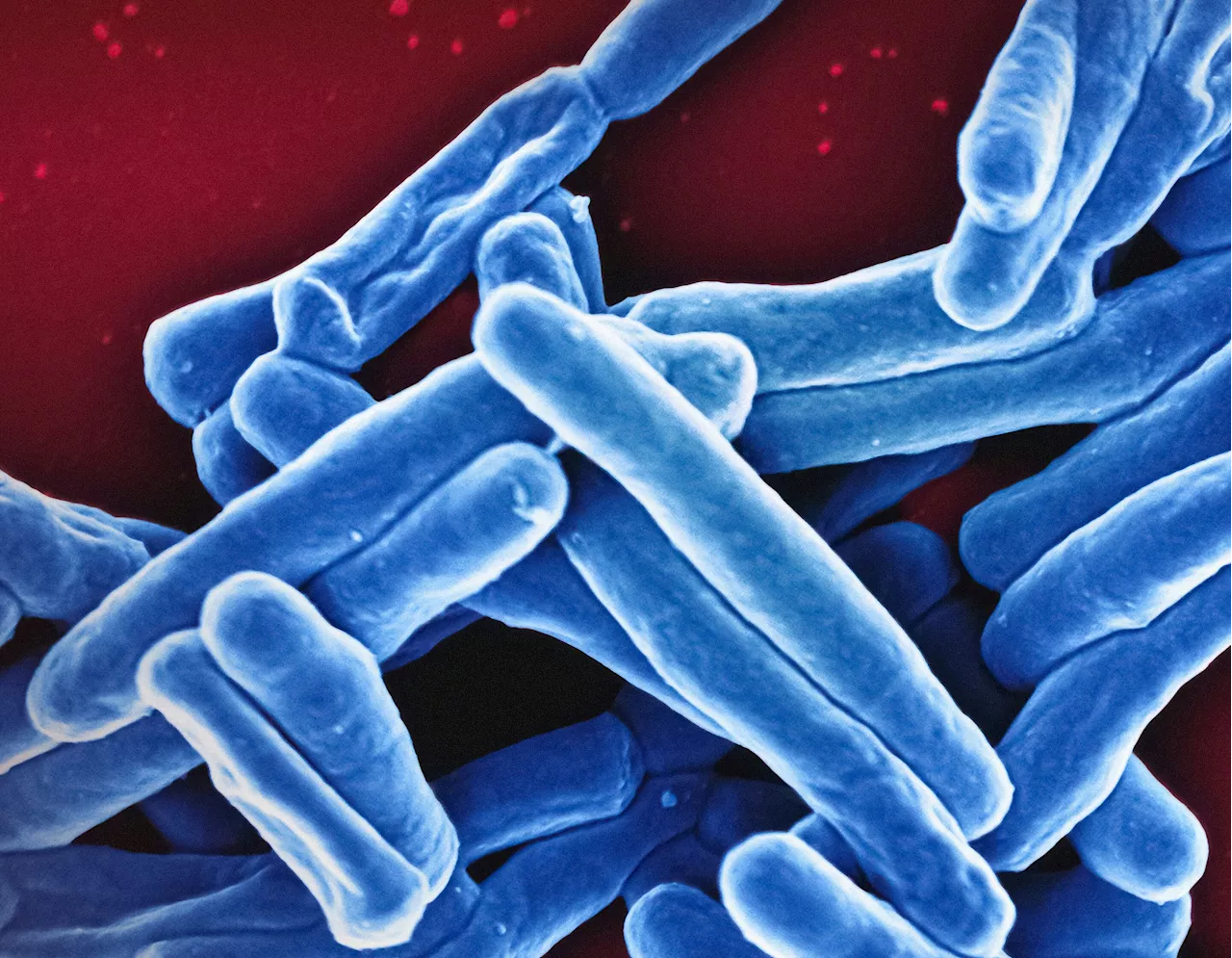 Tribbles protein offers hope for tuberculosis treatmentTuberculosis is the biggest bacterial killer worldwide. 1.5 million people die from TB each year due, in part, to a rise in antibiotic resistant strains, some of which are untreatable with antibiotics.
Tribbles protein offers hope for tuberculosis treatmentTuberculosis is the biggest bacterial killer worldwide. 1.5 million people die from TB each year due, in part, to a rise in antibiotic resistant strains, some of which are untreatable with antibiotics.
Read more »
